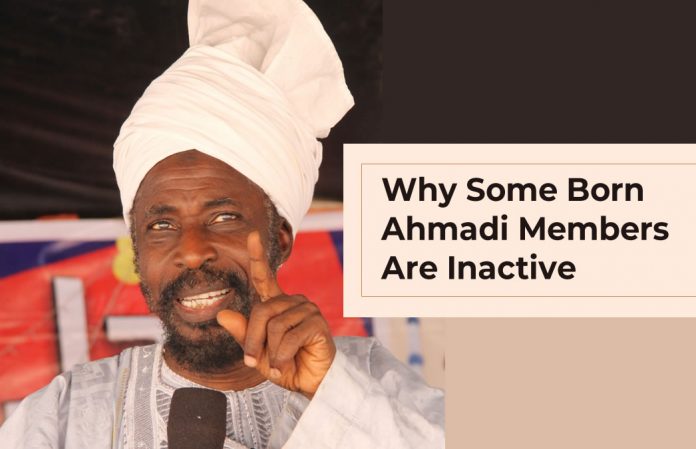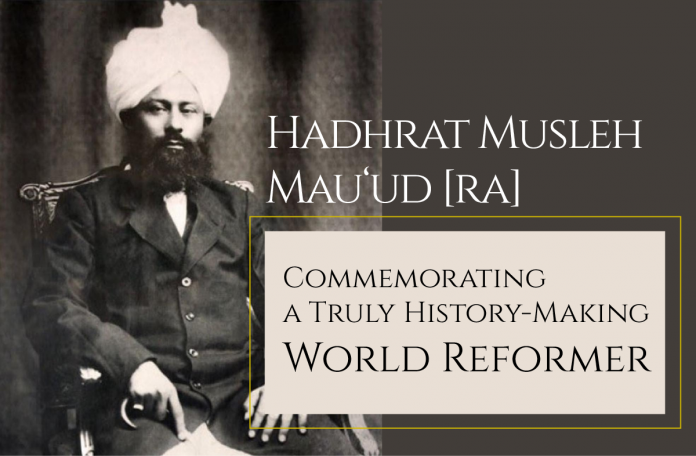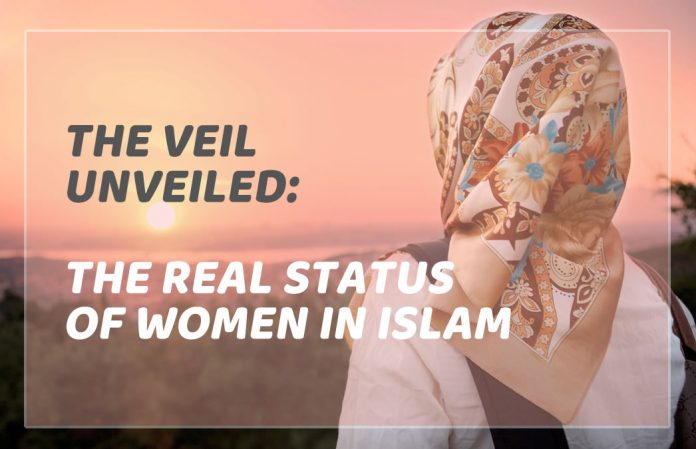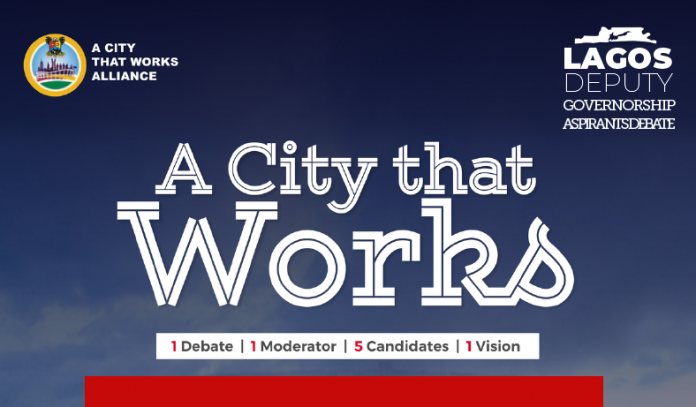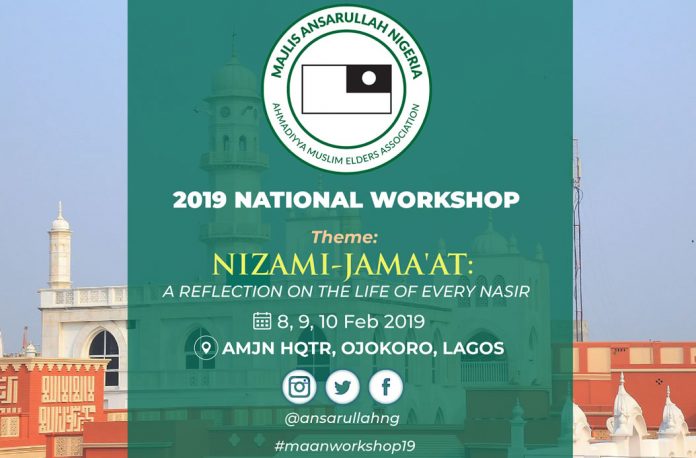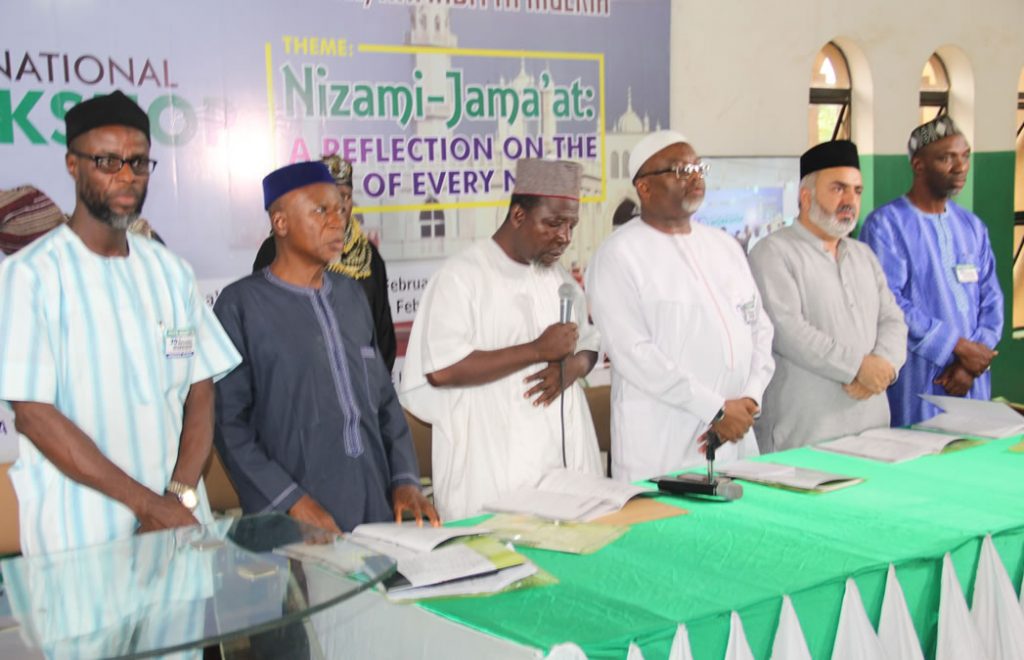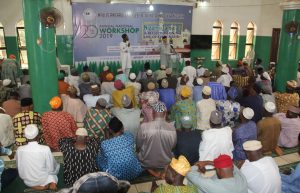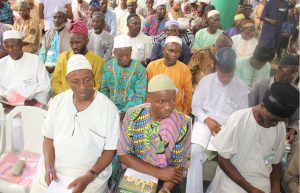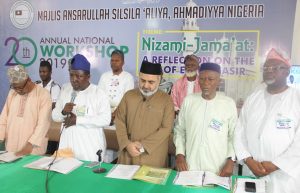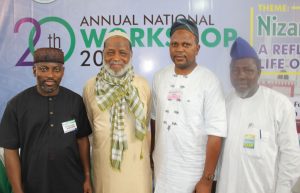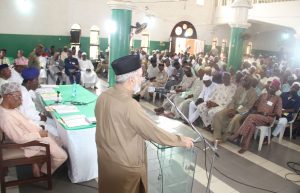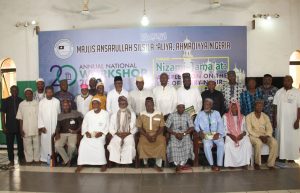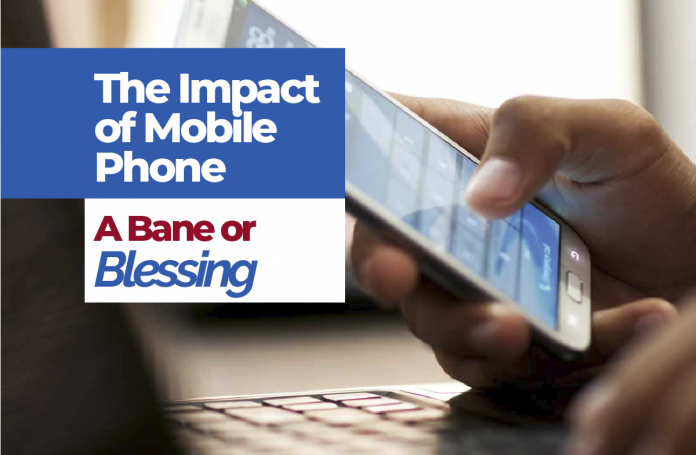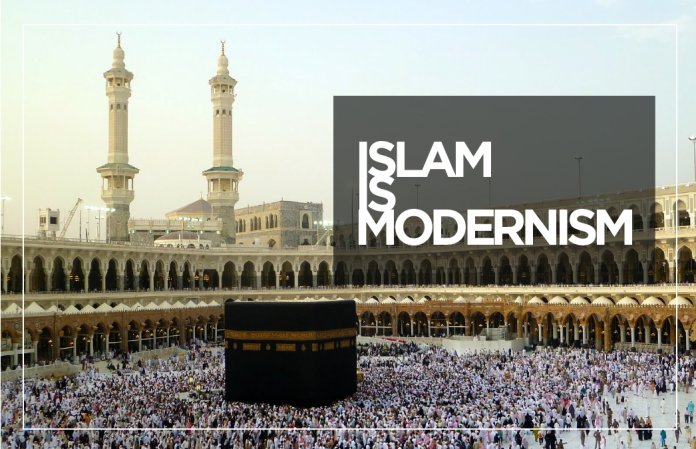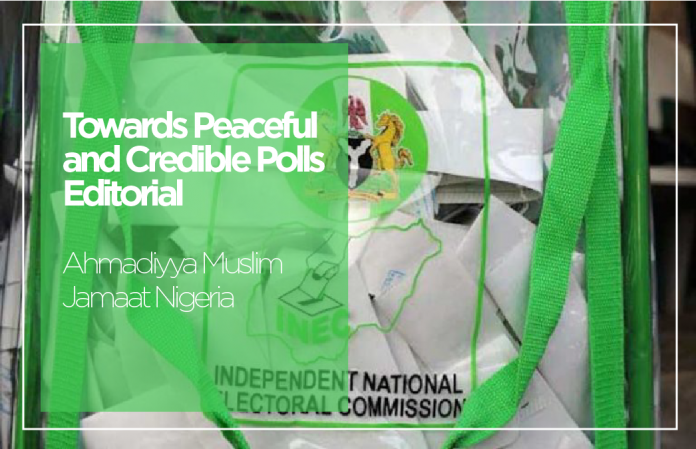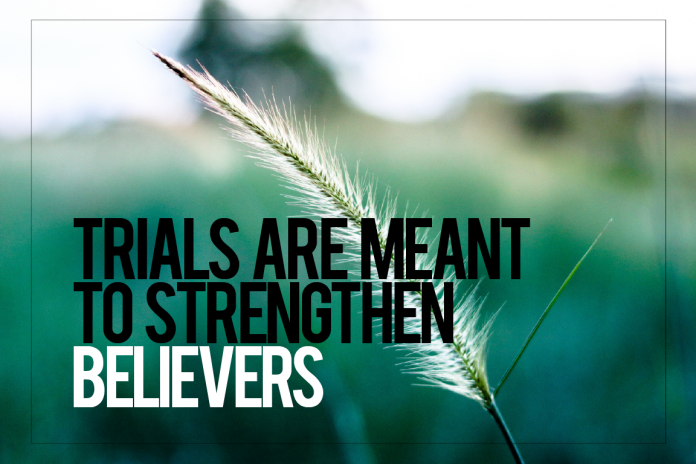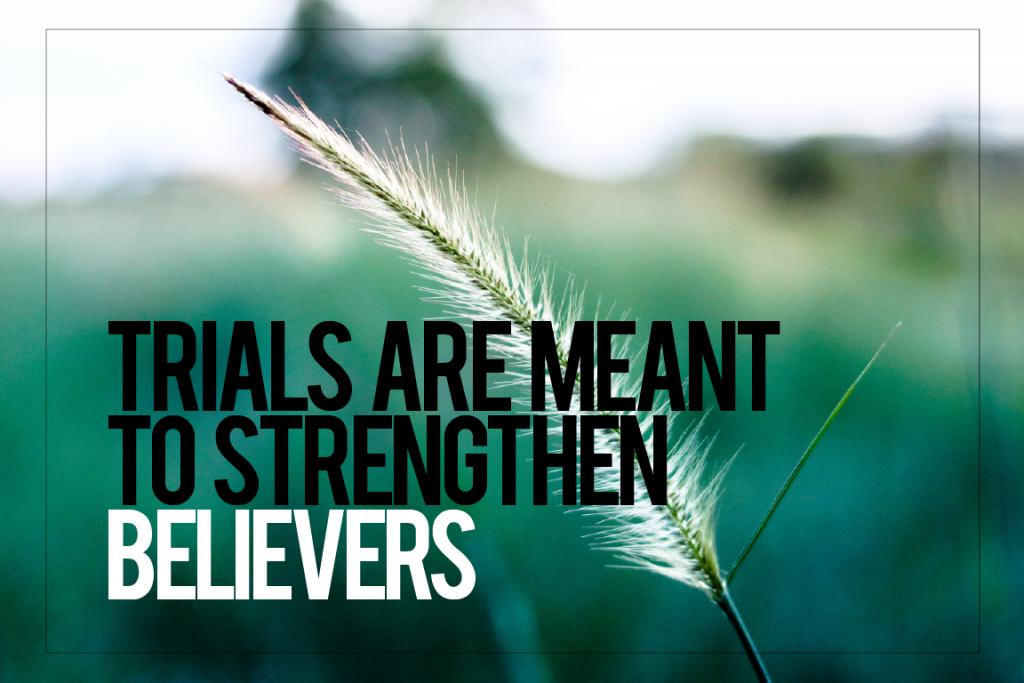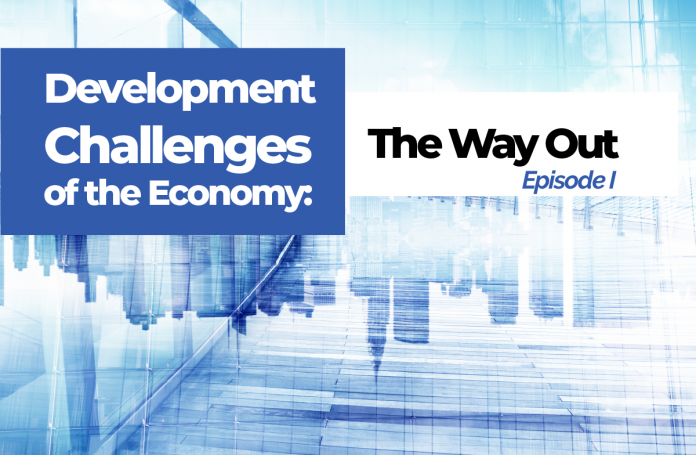From time immemorial, every culture had a way of passing across information from one generation to the other. With time, some cultures developed the institution of writing, starting from the Egyptian civilization. African countries who had not developed the art of writing employed the use of town criers. The criers, make use of instruments like the talking drum (gangan) to call the attention of villagers. Also, to disseminate information to relatives or friends living far, people had to travel for weeks or months to get it across to them. From hieroglyphs to the construction of letters to make up words, the aim of writing is for communication and documentation.
In the world of today, the only way to maintain balance is to keep moving. Starting from the age of enlightenment, in the late 18th century, different technological inventions have been made. This has relatively made things easy. The first technological feat to aid the growth of religion in the world is the invention of the printing press. With these people readily had access to their religious books, and could ask questions and better understand their religion. It not only made for the spread of the religion but also made people’s fate firm as they further understood the religion.
The first telephone produced in the 1970’s weigh two pounds and could not be carried around easily. Now, mobile phones weigh less than a book, it is produced with different material and can be carried about easily. The largest population of people using mobile phones are in China. Due to their high level of technological advancement. Nevertheless, the use of phones has gone past the need to pass across information. Phones are now used as browsers, mini books, journals, travel guide, to playing games and even having online platforms to use for their businesses. These types of phones are called smartphones. They come equipped with applications, popularly known as apps, which makes the smartphone an all-in-one accessory, sometimes a necessity.
It is not easy to find a venue if one has not been there before. Agreeing to meet at a venue that one is not accustomed to might leave one at a disadvantage of time. Hence the usefulness of google maps. Google maps is an application on the smartphones and smaller laptops called tablets, which aid in directing people to places by private vehicle, buses, and on foot. It gives one the easiest and fastest route to take depending on their kind of mobility. This saves time, cost, and energy. This has greatly aided mobility, as opposed to some years back. Seeing actual maps did not say the actual time it would take to get to one’s destination.
People complain of the health implication of standing for a long time, especially in queues. Standing in line though, is a common phenomenon in banks. Due to this, a transaction that should normally take a few minutes, would take hours. This, coupled sometimes with bad network due to the heavy flow of traffic on the database would lead to slow customer services. With the introduction of bank applications on mobile phones, people find it easier to do their transactions from home. This has led to an ease in the flow of cash, and individuals can even transfer funds during the weekends.
Pictures, they say speaks a thousand words. Yet, as individuals, people pay more to get good pictures. It is the job of the photographer to take and edit pictures, but with the inclusion of the camera and different photography and editing apps like snapchat on smart phones, people now take pictures anytime they want to, and edit it however they want it. In cases of not knowing what to get for someone, one can simply take pictures of the variety of products, send it through social media, and expect feedback through the same medium. It would only take less than a minute with good data. Also, when on outings with friends and family, it is easier to document these moments with pictures taken from one’s personal phone.
Nowadays, people find it beneficial and fun to acquire a skill, apart from the knowledge acquired from schools. To get this, they either enrol in an art school, learn a trade, do an industrial attachment program, or intern for a specified time. With the demand for such knowledge of craft, the mobile phones have acted as an avenue for these set of people to not only reach out to the world, but also a platform for those who want to learn, ask questions, make comments, and interact with their teachers and fellow students alike. The creation of applications like the YouTube, Facebook, and Instagram have helped with not just instructions, but also visual that people can watch to understand better what they are trying to learn. From fashion design, bag making, coding, carpentry, cooking, to even learning how to be a better wife and husband to your spouse, the internet has provided a virtual platform to have different kinds of school. The conventional school as we know is not left out. There are various YouTube videos that teaches Mathematics, English, Biology, and even Health Education. Educational sites like Quora has created a platform for teachers and students from different countries and background alike to interact with each other.
One might wonder at the importance of the phone to the human, but a fact that stands out is of its necessity. The mobile phone is necessary to the human existence. One major thing is that it keeps us mobile. Anywhere and anytime, the human has access to information, dialogue, communication, work, which entails editing, writing, photography, secretarial duties, online marketing, virtual shops, etc. If employed judiciously, the mobile phone does not leave one in the dark. That is not to say that it does not have its disadvantages though. What doesn’t? even the developers of mobile phones applications are compelled to accept that these devices have their limitations and are harmful
The mobile phone is an electronic device. It powers up with electricity, and has to be charged at interval if used over a long period of time. A device that stores power, and called the power bank was devised for the purpose of having not to stop and recharge the mobile phone when one was mobile. This is to increase the efficiency of the use of the mobile phone. More often that not, though, even power banks are depleted and forgotten to be charged. In an instance where the user wants to use the mobile phone, which isn’t fully charged, an alternative would be for them to use the phone while charging it. This has caused the death of so many users worldwide. While charging, some might sleep off with their phones still in theirs hands or they just might find themselves sleeping on it. These causes the phone to overheat and ultimately burn them. Long exposure to this would lead to death. Seeing how addicted people can get with their phones, little wonder it the last thing that they drop before going to sleep, and the first thing they pick up when they wake in the morning.
The internet is a virtual school, and while most parents grant access for their wards to make use of the mobile phone for study, one cannot categorically say what is done after such a study. The internet as a virtual world is filled with virtual dreams, which most times is virtually fake. Children see so many things on the social media, and since they are not guarded and guided, they imbibe all that is seen. They get exposed to websites, and subscribe to channels that are vulgar. This does not help their growth, mentally and spiritually.
Being addicted to the mobile phone leads one to be distracted. There is the distraction in class, and while walking on the road. People have died from mobile phone related accidents. While some text and walk into busy roads, others have their ear plugs on and cannot hear the honking of a speeding car. So also, is the kidnapping of kids from unsuspecting and distracted parents. Many in the majority of the developing countries even purchase these devices at the cost of their personal needs.
Khalifatul messiah the fifth(atba) said Almighty Allah constantly inspires us to invent new technology for the benefit of mankind. people every where in the world however fall prey to the negative impact of these modern technology. The religion of Islam is one that cherishes family. The Quran states clearly the importance of family in Quran chapter 16 vs 90, where He says “Lo! Allah enjoined justice and kindness, and giving to kinsfolk, and forbids lewdness and abomination and wickedness …” even though social media advocates for a virtual world, it isolates individuals from family and friends. While the social media gives an impression of having more friends and followers online, the fact still remains that people keep up appearances, and are not truly what they claim to be. People would prefer to be online surfing the net rather than spend quality time with family. To those that shun family, Allah says in Quran vs, 23-24 that, “so give to the kinsman his due, and to the needy, and to the wayfarer. That is best for those who seek Allah’s countenance and such, they are who are successful”. Allah says that those who uphold family ties, are those that are successful. A hadith if the holy prophet says, “the one who severs the ties to kinship will not enter paradise”.
Before the passing of the prophet, he instructed that those present then at the gathering should spread the word of Islam far and wide. There is no easier way at this time than the internet to spread the message of Islam. The internet is filled with websites and pages on Islamic teaching and principles. The mobile is the easiest and quickest means of gaining access to the internet. Also, with the advantage of followership on these pages, Muslims can now follow learned scholars on applications like Twitter, and ask questions freely.
It is important to note that the religion of Islam is a religion of the middle course. It does not sway too much to the left neither does it sway too much to the right. It is neither hot nor cold. It is not a religion of the extreme, hence, it sooths. Allah says in the Quran that” verily, this is the straight path, so follow it, and do not follow other paths…” Q 6:153. Even in times of prayer, Allah the Almighty has guided mankind, “do not recite too loudly in your prayer nor too softly, but seek a way in between…” in Quran 17 vs 110.
The Khalifah, Hazrat Masroor Ahmad (atba) has warned that we who have accepted the messiah of the age must show extra care to protect ourselves from the evils of this day and age and give practical preference to our faith and family institution. The use of mobile phones has aided the growth of Islam to spread the words of Allah, for learning and in strengthening family ties. Nevertheless, as we acknowledge its benefits, we should be wary of its disadvantages, and strive to make efficient use of the good in it.



